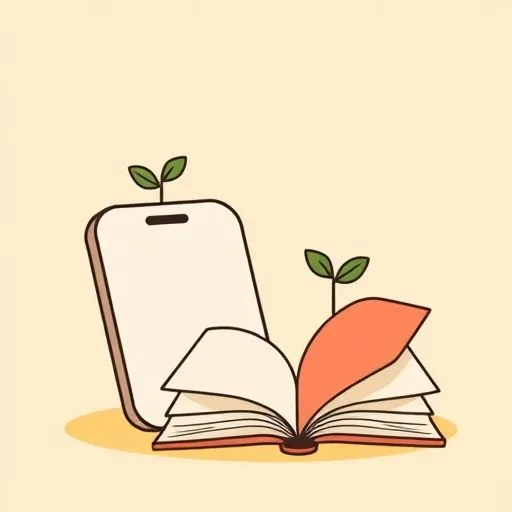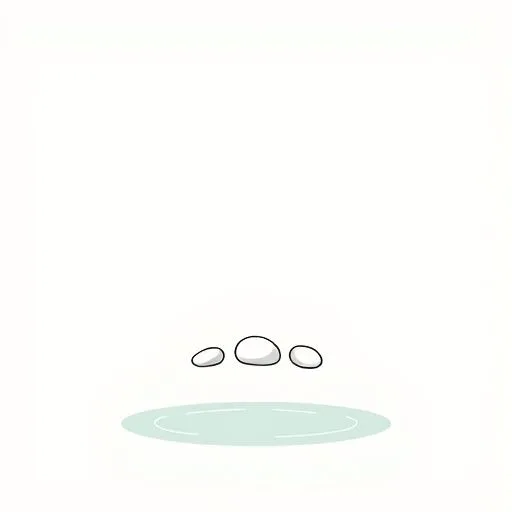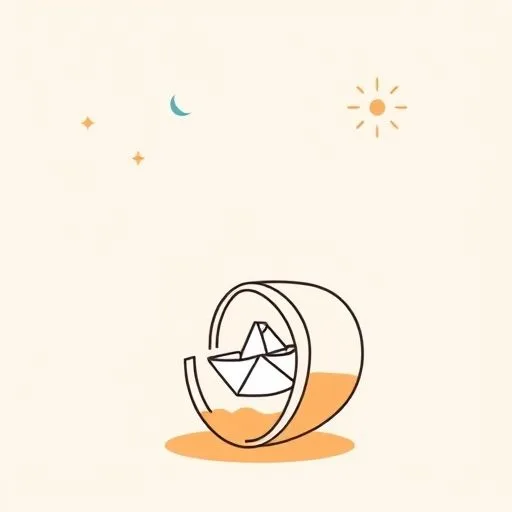
Remember when your kid asked, ‘Why is the sky blue?’ and you froze? Me too. Before I could even blink, the smart speaker chimed in with perfect science. But I caught her expression—the silent shift when his eyes lost that spark. It wasn’t about the answer. It was that quiet space where wonder lives… and how fast it vanishes when we rush to fill it.
The ‘Let Me Google That’ Reflex

We’ve all been there—your child’s face lights up with a question, and our fingers instinctively reach for the phone. Instant answers feel helpful, right? But in that split second, we skip something vital: watching their mind whirl. That pause where they toss ideas around? That’s where curiosity grows roots.
Think back. When he wondered if clouds cried rain, did you notice how she’d hold his hand before speaking—not to answer, but to see him thinking? It’s not about being the expert; it’s about honoring his wondering. Next time, try saying, ‘Hmm, what do you think?’ instead of ‘Siri, tell us.’ You’ll see it—how that hesitation makes his eyes widen. Because real learning isn’t downloaded. It’s discovered.
Be honest: isn’t there something warmer about fumbling together through a book than getting a flawless AI reply? That’s not nostalgia. It’s the sound of curiosity thriving.
Counting Seconds, Not Just Answers

We treat silence like a void to fill. But have you ever tried counting to three when your kid asks something wild—like ‘Do trees dream?’—and just… waited? Those seconds stretch, but something beautiful happens. He starts talking to himself: ‘Maybe they sleep? Nah, sunlight wakes them…’ And you’ll catch her smile—the one that says, ‘He’s building his own answer.’
Here’s the secret: let stillness do its magic. Instead of jumping in, point at the kitchen window. Watch condensation form. ‘How’s this like clouds, kiddo?’ His messy hypothesis (‘It’s baby rain!’) beats a perfect fact. Because curiosity isn’t about right answers—it’s about the courage to guess. And when he hesitates? That’s the sound of his brain stretching.
Try it tonight. When she asks why stars twinkle, don’t quote NASA. Step outside together. Feel the night air. Those counted seconds? They’re not empty. They’re feeding something precious.
The Power of ‘I Don’t Know’

We act like parents must have answers. But the most magical moments happen when we say, ‘Honestly? I’m not sure.’ Like when he asked why ants march in lines. Instead of Googling, we grabbed jars and went outside. We watched. Guessed. Got it wrong. (‘Maybe they hold hands?’) But he tried—and that night, he drew ant maps on his wall.
Here’s what AI can’t replicate: the warmth when you say, ‘Let’s figure this out together.’ Point at a puddle after rain. ‘Why’s this here but not on the sidewalk?’ Even if you know the science, let him test it—splash, measure, question. That’s how ‘I don’t know’ becomes ‘Let’s explore.’ And when he blurts, ‘My theory’s better than Google!’? That’s the sound of a scientist being born.
Truth is, we’ve all felt tempted to hand him the phone. But next time? Pause. Whisper, ‘What if we tested it first?’ Watch how that moment—not the answer—lives in his eyes. That’s the heartbeat of real learning.
This approach to nurturing curiosity through thoughtful pauses and shared discovery creates the kind of learning environment where children develop critical thinking skills that will serve them throughout their lives. And speaking of discovery, I recently came across some fascinating research that shows how even industries like travel are recognizing the importance of human connection over automated solutions—it’s all about keeping that personal touch alive!
Source: FAU Study: Hotels Must Rethink Loyalty as AI Agents Take Over Travel Planning, Hospitality Net, 2025/09/11 12:07:00
